Recover Outstanding Debts
Debt Collection Services in British Columbia
Effectively managing debt collection in British Columbia requires specialized legal expertise. At Clark Woods LLP, we are dedicated to assisting clients in recovering owed funds through professional, no-harassment collection strategies. Whether dealing with outstanding invoices, loans, or other debts, we work diligently to secure the payments you are entitled to, while maintaining the highest standards of professionalism and respect throughout the process.

DEBT COLLECTION
Comprehensive Judgment Enforcement Solutions
Collection law and consumer protection legislation in British Columbia are complex. Clark Woods LLP will help you understand your legal options when recovering money that is owed to you. We have the experience to provide the best options available to increase your chance of recovery and get you results.
We offer contingency-based debt collection and can collect your receivables on a no collection/no fee basis. We can help with the collection of outstanding bills, credit card debt, loans, rents, mortgages and other types of past-due balances.
We understand that defaulted accounts or accounts that are past-due are detrimental to the success of your business. Our goal is to make the collection process as seamless as possible, with limited disruption to your everyday operations.
We offer professional, no-harassing collection strategies and allow the court process to pressure payment. Once the account is forwarded to our office, we will handle all correspondence on your behalf. Our team will ensure regular updates and timely responses.
Judgment Enforcement
If you have an existing judgment, we can help. The Court Order Enforcement Act provides many options for creditors’ remedies and our knowledgeable team will explore all avenues of enforcement to optimize recovery. We can locate judgment debtors, uncover and seize assets, register and enforce liens on real estate and garnish funds to have your judgment paid.

How Clark Woods LLP Can Help You
Understanding the debt collection process can be complex, and you may have questions about your rights and the steps involved. To assist you, we’ve compiled answers to some frequently asked questions regarding debt collection and judgment enforcement. These insights aim to clarify the procedures and options available to you.
Do I have to file a lawsuit to collect the debt?
No, but in most cases, this is the most effective way to negotiate a repayment plan that is agreeable to all parties. Efforts will be made pre-litigation to resolve the balance owing.
Once judgment is granted, what can I do with the judgment?
Once a judgment is granted, there are options to accomplish a resolution, including:
- a negotiated resolution;
- garnishing orders;
- the registration of a certificate of judgment against land if the debtor is a property owner;
- the initiation of forced-sale proceedings to enforce payment of the amount owing;
- and if there are known assets that may be liquidated, proceed with a writ of seizure.
What is a forced sale process?
The forced sale process involves four applications to achieve an order to approve a sale of property to pay the judgment owing. The stages are as follows:
- Show cause: This is an order whereby the court determines the debtor’s interest in land should be sold to satisfy the debt owing.
- Registrar’s report: At this stage, the registrar will confirm what interest in land is liable to be sold to satisfy the debt.
- Conduct of sale: The court will then be asked to affirm the registrar’s report and grant an order for conduct of sale to the creditor. This means the property may then be listed for sale in the forced sale process. A realtor will be hired to list the property.
- Approval of sale: Once an acceptable offer is achieved, a hearing to approve a sale by the court will be held.
What can be done if I know the debtor has assets, such as boats and cars?
If a debtor has unencumbered assets such as cars, boats, snow mobiles or even shares in a company, a writ of seizure may be issued by the court. A court bailiff can then be hired to determine what assets may be liquidated to pay the debt owing and proceed to obtain a sale of those assets, observing the statutory exemptions allowed.

